Whether you’re religious or not, it’s totally normal to ponder the existence of God and the nature of religion.

It’s a fascinating subject to think about, regardless of your beliefs (or lack thereof). Whether you have a strong sense of faith or you’re more of a philosopher, here are some of the more common questions about the existence of a higher power and humans’ relationship with it that keep many people up at night.
1. Does God exist?

This is one of the oldest questions humanity has asked. For some, belief in God is deeply rooted, while others find it hard to grasp. The lack of tangible proof can leave people torn between faith and doubt. Everyone’s journey with this question is uniquely personal.
2. Why is there so much suffering in the world?
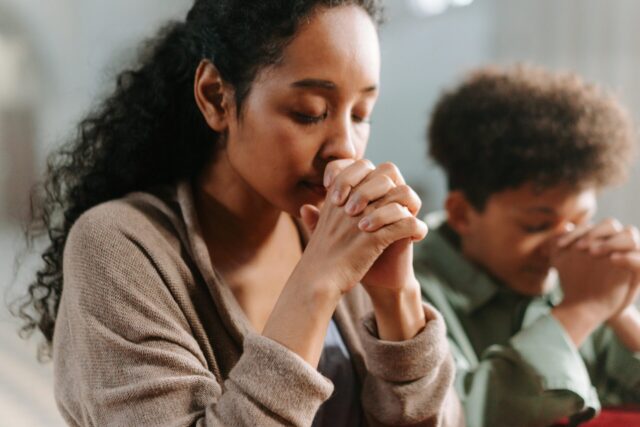 Source: Pexels
Source: Pexels If God is loving and all-powerful, why does pain and hardship exist? This question has troubled people for centuries. The idea of suffering often challenges beliefs about divine goodness. It’s something many struggle to reconcile with their understanding of a higher power.
3. Is there life after death?
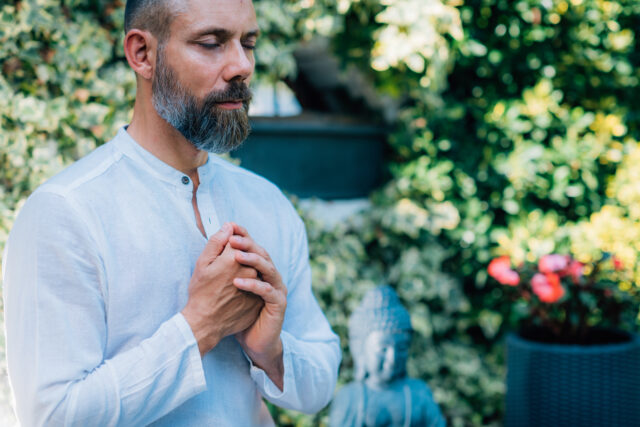
Wondering what happens when we die is natural, and beliefs vary widely. Some believe in heaven, reincarnation, or some form of the afterlife, while others think death is the end. Not knowing for certain leaves many people searching for answers.
4. What is the purpose of life?
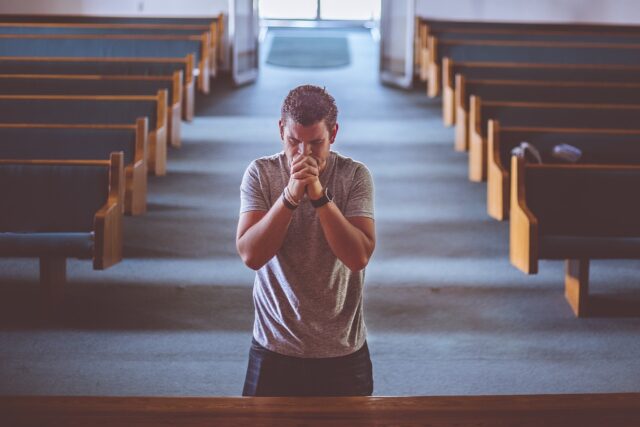 Source: Unsplash
Source: Unsplash Are we here for a specific reason, or is life just a series of random events? Many religions offer explanations, but not everyone finds them satisfying. Figuring out the meaning of life can be both inspiring and deeply confusing. This question often pushes people to search for their own purpose.
5. Can science and religion coexist?

Science and religion often seem to be at odds, but are they mutually exclusive? While some feel they can go hand in hand, others see an unbridgeable gap. The tension can leave people wondering if they have to choose between the two.
6. Why do different religions exist?

With so many belief systems, why do people worship differently? This question can raise doubts, especially when each religion claims to be the “truth.” The variety of beliefs can make it hard to know which, if any, holds the answers. The differences also lead to curiosity about their origins.
7. How can we know what’s truly right and wrong?
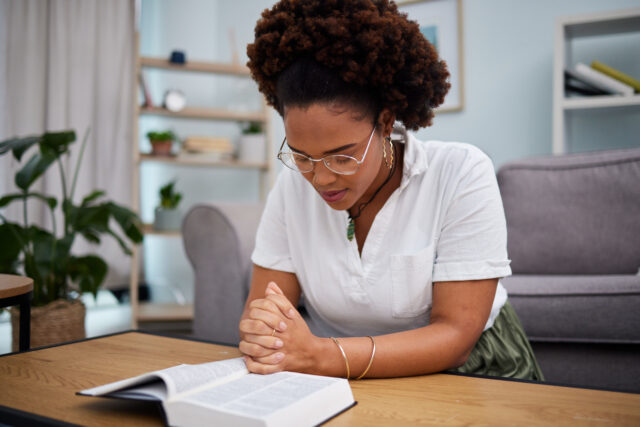
Is morality determined by God, society, or something else entirely? Many look to religion for guidance, but others question if morality is separate from belief. This can lead to deep, personal exploration of what it means to be “good” or “just.”
8. Are miracles real?
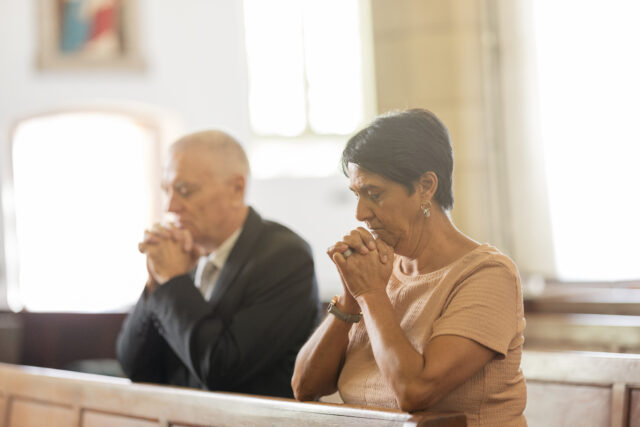
People often hear stories of miraculous events, but are they truly divine, or just coincidences? Belief in miracles can be comforting, while scepticism can create doubt. Trying to separate faith from fact keeps this question alive in many minds.
9. Does prayer make a difference?
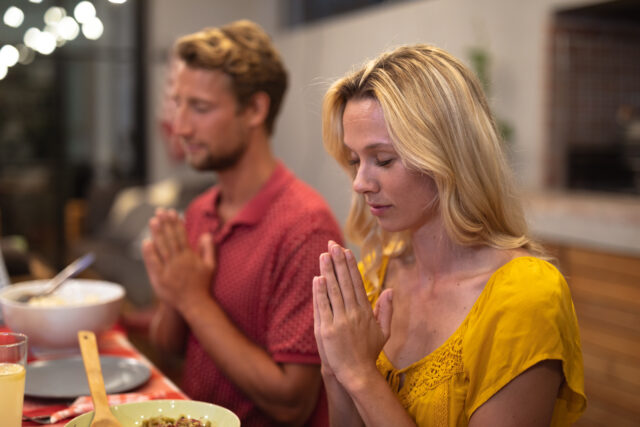
For those who pray, there’s often a desire to know if their prayers are heard. Is prayer an actual means of connecting with God, or simply a form of personal reflection? The answer may vary depending on one’s beliefs, but it’s a question that keeps people searching.
10. Why do bad things happen to good people?
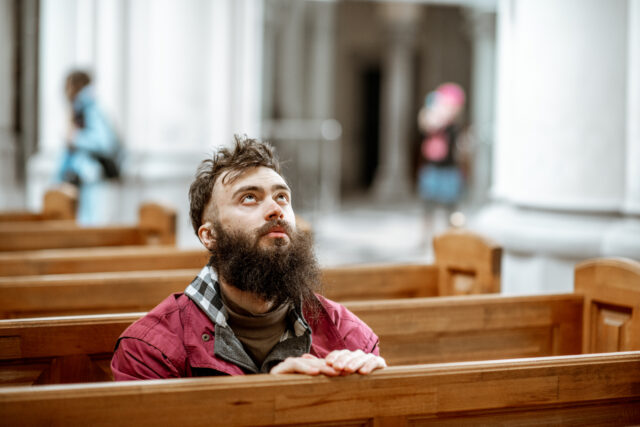
When people who seem kind and selfless face hardship, it raises questions about fairness. This can challenge faith in a just and caring God. The randomness of life’s events makes people wonder if there’s a bigger plan or if life is just unpredictable.
11. Does God judge us?
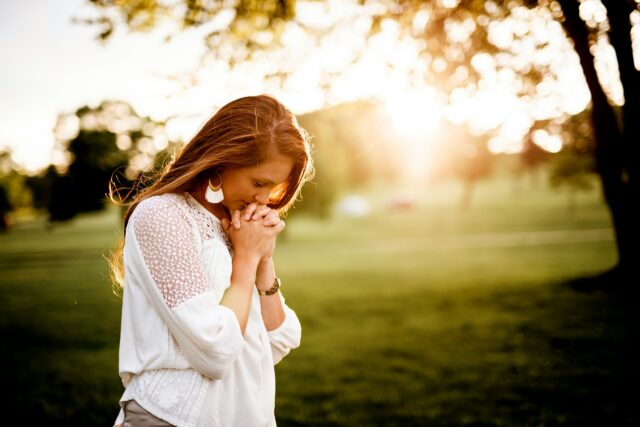 Source: Unsplash
Source: Unsplash The idea of judgment can be comforting or terrifying, depending on one’s actions and beliefs. Some find peace in the belief of divine forgiveness, while others worry about their own shortcomings. This question often reflects our deepest fears and hopes about accountability.
12. Can we ever truly understand God?
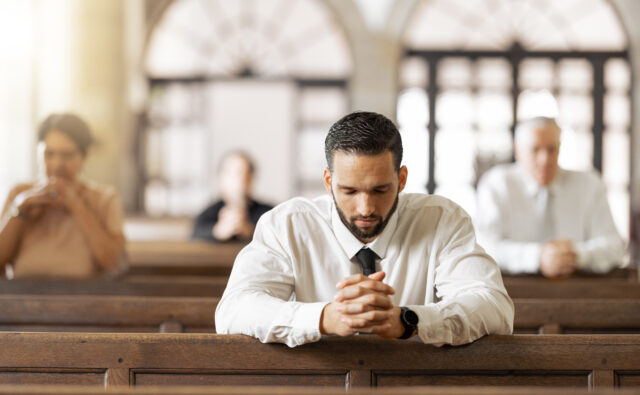
If God exists, is it possible for humans to fully comprehend such a being? Some feel that God is beyond human understanding, while others believe we can find ways to connect. This question highlights the limits of human knowledge and the mystery of the divine.
13. Is there a true religion?
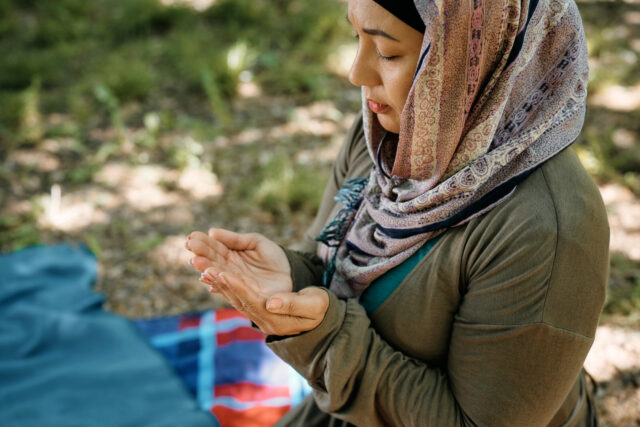
With so many faiths, people often wonder if one is more “true” than the others. This can lead to doubts about whether they’re on the right path or missing something important. The desire for certainty fuels a lifelong search for many.
14. Why do some people feel God’s presence while other people don’t?
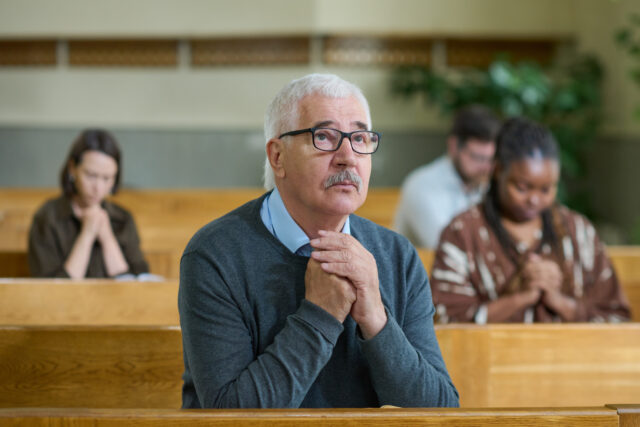
Some people claim to feel a deep connection to God, while others never experience this. This difference can make those without such experiences question their own beliefs. It’s a question that taps into feelings of doubt, loneliness, or wonder.
15. Is faith enough?
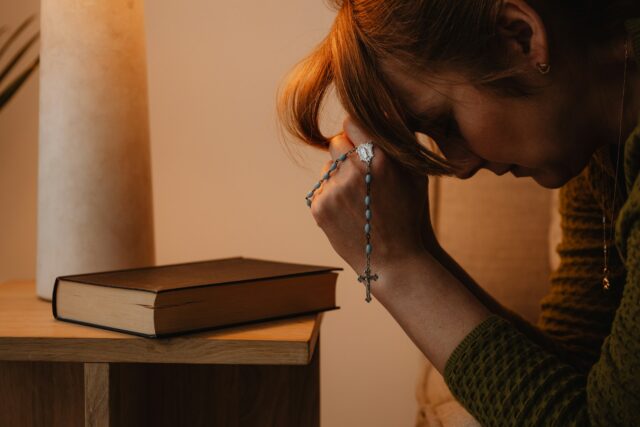
For some, faith is the foundation of their lives, but others wonder if it’s enough. People question if belief alone has value, or if actions matter more. It’s a question that speaks to how we live our lives and what we hope to achieve through faith.




